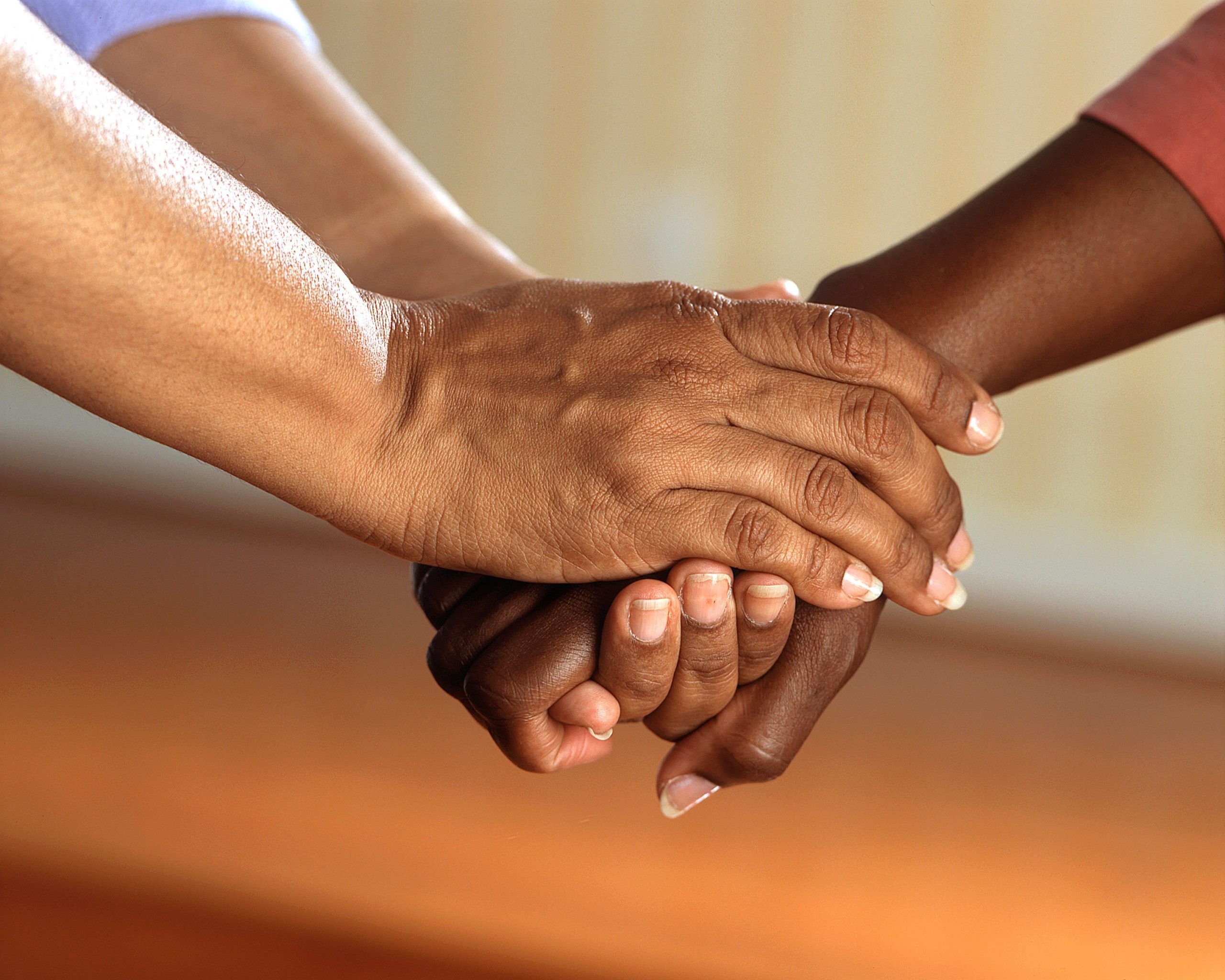What to expect and how to cope with life after narcissistic abuse. Navigating through life following narcissistic abuse can be challenging. Knowing what to anticipate and how to handle difficult situations is important. You have a lot of options for taking care of yourself both during and after the abuse.
Table of Contents
What Exactly is Narcissistic Abuse?
A narcissist may hurt their victim emotionally by engaging in narcissistic behavior. Numerous strategies, such as the following, will be employed by the narcissist to manipulate and dominate their victim:
Among the frequent types of narcissistic abuse are:
Gaslighting: Narcissists frequently use this technique to influence their victims by getting them to doubt their own recollections or perception of the past.
Narcissists frequently employ emotional manipulation techniques to keep their victims under control, including playing the victim, guilt-tripping, and withholding affection.
Isolation: In an effort to increase their victims’ dependence on the narcissist, narcissists frequently strive to isolate their victims from friends and family.
Verbal abuse: Narcissists frequently humiliate and dominate their victims by calling them names, making derogatory remarks, and using other abusive languages.
Financial abuse: Narcissists may use their wealth to manipulate and take advantage of their victims.

Narcissistic Abuse’s Effects
The devastating effects of narcissistic abuse can leave the victim questioning their own sanity, as well as triggering depression, anxiety, PTSD, and a low sense of self-esteem and self-worth.
The following are some of the most typical effects of narcissistic abuse:
Trauma: The victim may experience trauma as a result of the manipulation and control techniques utilized by narcissists. This might result in symptoms like anxiety, depression, difficulty concentrating, post-traumatic stress disorder (PTSD), memory loss, and trouble sleeping.
Low self-esteem: Narcissistic abuse can lead to victims having low self-esteem and doubting their own values and talents. Feelings of inadequacy and low self-esteem may result from this.
Isolation: Narcissists frequently attempt to distance their victims from friends and family, which can cause them to feel lonely and isolated.
Guilt and shame: Narcissists frequently use psychological manipulation to make their victims feel guilty and ashamed about wrongdoings.
Trust issues: Narcissistic abuse victims may find it difficult to trust people, which makes it difficult for them to establish new connections.
Physical health problems: Being in an abusive relationship can lead to stress-related physical problems such as headaches, stomach issues, high blood pressure, and trouble sleeping.
Victims may develop a people-pleasing attitude and strive to win over others. After walking on eggshells for so long, you may become too accommodating to gain others’ approval.
Self-destructive behavior: Victims of narcissistic abuse may feel compelled to punish themselves because they believe it is their fault for the abuser’s actions. Victims might struggle with addiction to substances including drugs, alcohol, tobacco, food, and shopping.
Children’s Reactions to Narcissistic Abuse
The following are a few outcomes of narcissistic abuse on children
Emotional trauma: Children who are subjected to narcissistic abuse may suffer from emotional trauma, which can result in conditions including anxiety, depression, and PTSD.
Difficulty in forming healthy relationships: Children who grow up in households where narcissistic abuse happens may have trouble developing healthy connections and building trust with others.
Low self-esteem: Narcissistic abuse can make kids question their own worth and talents.
Having trouble controlling their emotions: Children who have experienced narcissistic abuse may find it difficult to control their feelings of hopelessness, fear, and anger.
Difficulty in developing empathy: Empathy development is challenging for kids who have experienced narcissistic abuse since they may have learned to think about themselves exclusively.
Difficulty in setting boundaries: Children who have grown up in an environment where boundaries are not respected, may have difficulty setting boundaries in their own relationships.
How to Cope with Life After Narcissistic Abuse
The best technique to deal with life abuse will differ depending on the individual, therefore there is no universal solution to this problem. Some general advice, nevertheless, would be helpful.
First and foremost, you must realize that the abuse was not your fault. Narcissist is accountable for their own actions, and they have no right to manipulate or hurt you in any way.
Building a network of friends or family members you can rely on for emotional support is also crucial. These folks may offer you support while you deal with the fallout from the abuse and, if necessary, a sympathetic ear and a shoulder to weep on.
Finding a therapist or counselor who can assist you in overcoming the emotional trauma of the abuse is essential in the third place. As you attempt to restore your life, this person can offer you the support and direction you desperately need.
Fourthly, it’s crucial to prioritize self-care. By doing things that bring you joy and make you feel good, you may take care of your physical and mental well-being. Exercise, breathing exercises, a good diet, and socializing with upbeat individuals are a few examples of this.
Fifthly, it’s necessary to keep in mind that recovering from the abuse will require time. There is no quick solution, and your symptoms might not improve immediately. Eventually, you can recover from the trauma and begin rebuilding your life, but it takes time and patience.
Last but not least, if you are reading this, we urge you to keep learning. The more informed you are, the better able you will be to defend yourself and those you love. You’ll be able to identify the warning signs and strategies employed by persons with NPD.

Conclusion
Although recovering from narcissistic abuse can be challenging, there is still potential for healing and upward progress. It’s critical to look after your needs, prioritize self-care, and establish a network of support. Keep in mind that recovery requires time, patience, and support because healing is not a straightforward process. You can overcome this. There are numerous tools at your disposal to aid in your recovery and life reconstruction. You are not by yourself.
We recommend the top 15 treatments.
